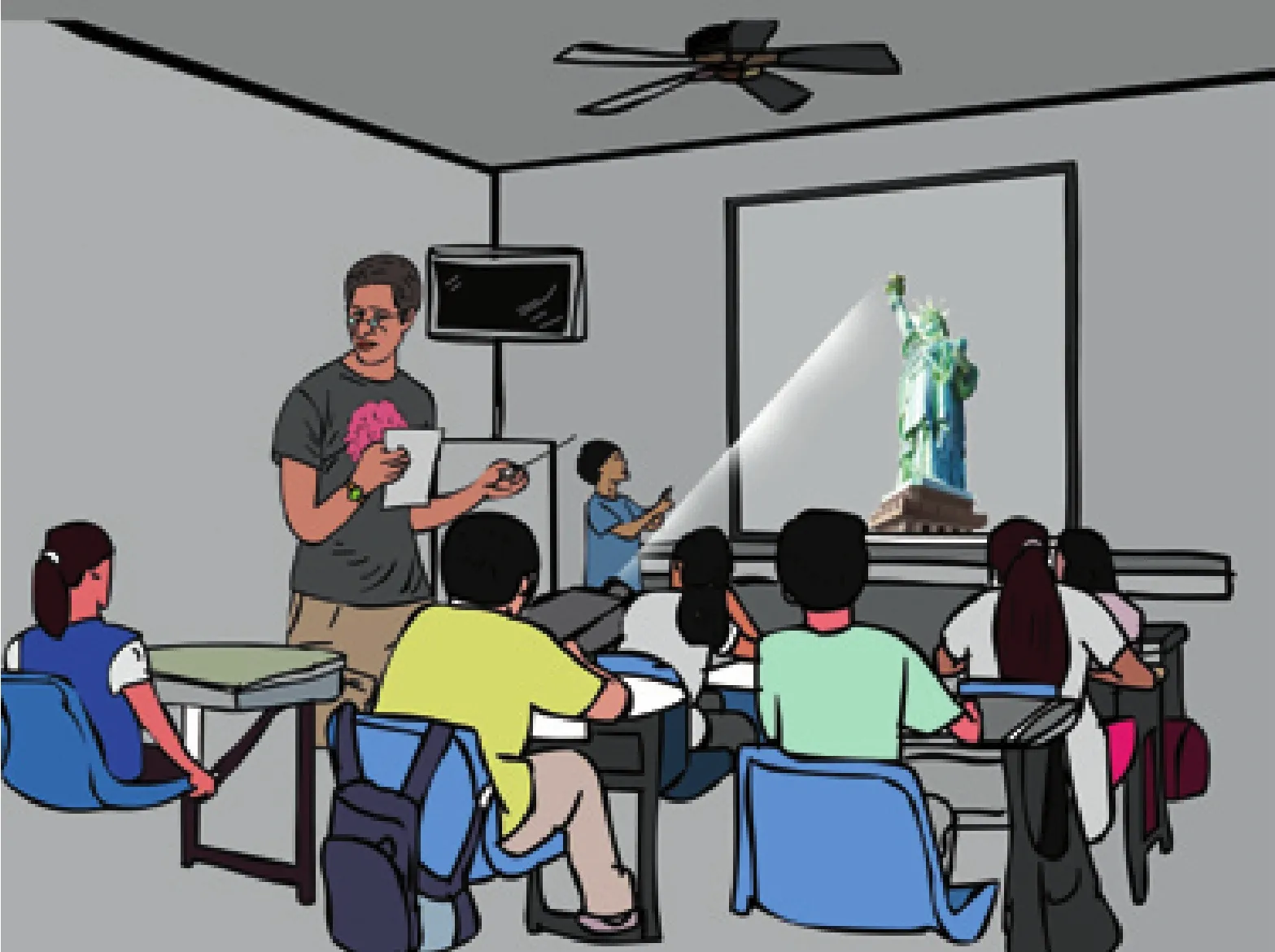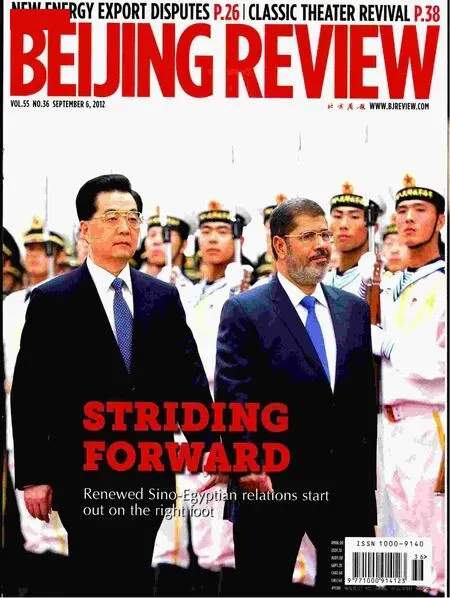Volunteer Teaching
By Nick Compton
Volunteer Teaching
By Nick Compton
I walked into the schoolroom in Wuwei County, east China’s Anhui Province, without the slightest clue of what to expect.
I’d joined the Summer Service Learning Project at Tsinghua University for an adventure; to experience a chunk of China I hadn’t seen before. Through the project, small groups of six or seven Tsinghua students, along with a few international volunteers, are assigned to rural regions in China for a two-week summer stint volunteer teaching English.
Some of the assignments are truly rural, in the hinterlands of the western region, where chalk is the only classroom technology. Others, like my assignment, are in outposts not as much rural as removed from the speed and glitz and sparkle of China’s first-tier cities.
After enduring a 17-hour train ride from Beijing to Hefei, capital city of Anhui, then another three on a bus that didn’t as much roll down the road as it bounced, violently, over pot-holes, bumps, cracks and caveins, I arrived in Wuwei. It’s a county of 1.8 million people that 20 years ago, our host explained, was one of the poorest regions in China, but thanks to a boom in postreform manufacturing had assumed a sort of muted prosperity—no towering skyscrapers or Starbucks, but a few multi-story hotels, garishly decorated cafes serving espresso, and streets peppered with luxury cars.
The classroom wasn’t the sparse blackboard and wooden desks I’d anticipated; it was a nicely equipped lecture hall, fit with a projector, loudspeakers, and seating for 200 high school students.
As the students looked me up and down from their seats—curious about my hair, my jeans and my shoes—I set up my laptop, opened PowerPoint and began my first lecture. After introducing myself and talking about some famous American places, I asked the class, around 50 first-year high school students, if they had any questions or anything to add.
They’d been listening to my lecture hun-grily, some with their mouths agape in awe as I described cheesecake in New York City, deep-dish pizza in Chicago, feral chickens and cold beer in Key West, Florida.

LI SHIGONG
Reluctantly, almost painful in their hesitance, a few hands edged upward. I called on a boy, tall, with thick glasses and a serious face. He stood up and began his question.
“So, you’re from America?” he asked.“Do you know Kobe Bryant?”
I informed him that America was a huge place, like China, and celebrities are separate from common people. I said I didn’t know Kobe Bryant, Jeremy Lin, or any other professional athletes, for that matter. He shrugged his shoulders and sat down.
Then another hand was raised, from the front row, by a girl who had been jotting notes as I spoke. Her English was near perfect:
“I heard Americans don’t like Chinese; is that true?”
Again, I said that America was a huge place, where people held many varied opinions. People in America misunderstand China, I said, using language that I was certain would fly over the students’ heads, but the class nodded in agreement.
By the time I left, a week later, the students spoke more freely, their questions flowed more naturally. Their curiosity about America, about Beijing, about teenagers outside of China was insatiable. When I left, I was showered with notecards and Post-its tattooed with email addresses, phone numbers, QQ accounts and carefully written script that inevitably said something like, “Good to meet you. Stay in touch.”
One cut even more to the point: “Even though you’re not Kobe Bryant, nor do you know him, I like you.”
The author is an American living in Beijing

